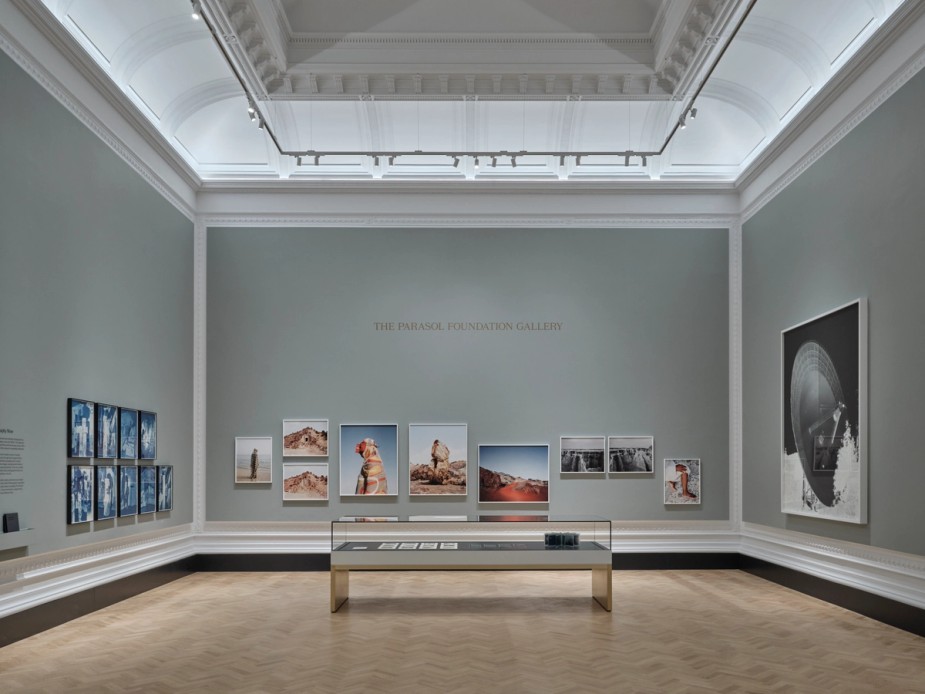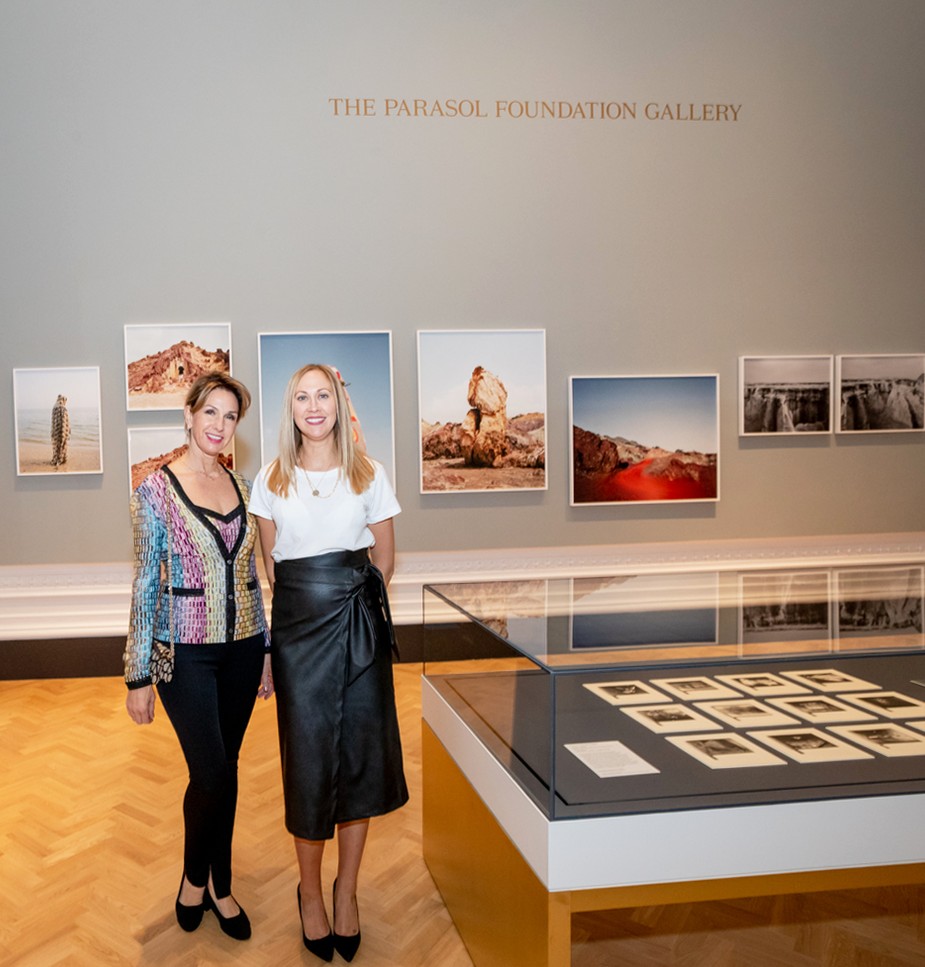V&A Women in Photography Prize 2024
Our Prize is back! Update: Applications have closed for this year’s Prize. After a careful judging process, the winners will be announced in May for the annual prize dedicated to identifying, supporting and championing innovative women artists working in the field of contemporary photography.
Following a successful launch last year with more than 1,400 entries from across the world including Brazil, India, Mexico, Italy, South Africa, the USA and the UK, our Prize is back for its second year. Each year the Prize invites artists to submit their work that responds to a salient theme. This year’s theme is histories. This theme invites broad submissions which show the relationship between history and photography; the documentation of historical events or revisitations of the past and it creates space for artists interested in the notion of the archive.
The prize winners are awarded a £2,000 bursary, their work is shown as part of the lively three-day south London Peckham 24 contemporary photography festival which will take place from Friday 17- Sunday 19th May 2024. The winners also attend an industry networking dinner with the chance to meet leading gallerists and curators that could make a real difference to their careers.
The prize is an important part of the broader V&A Parasol Foundation Women in Photography project which aims to rebalance the V&A collections and encompasses a funded curatorial position, our Gallery in the expanded Photography Centre and an ambitious programme of activity that spans acquisitions, commissioning new works, alongside research, education, public displays and events.
For more details about the Prize go to https://www.vam.ac.uk/info/the-va-parasol-foundation-prize-for-women-in-photography-2024
Follow @vamparasolwomenphoto on Instagram to see incredible works by women artists from the V&A photography collection and keep up with news about our exciting programme. If you’re in London and have an hour to spare, make sure you visit The Parasol Foundation Gallery and experience the collection for yourself.
For further details click here
In its first year, the Prize attracted nearly 1400 submissions from all over the world. You can see the winners’ work below.

The 2023 Winners


Anya Tsaruk is a Ukrainian photographer currently based in Berlin. Her artistic approach initially focussed on documentary and street photography, but evolved in the past year to expose the realities of Russia’s war in Ukraine and its consequences. Her ongoing series ‘Mother Land’ is an autobiographical example of how families have been affected, and continue to live with the trauma of conflict.


Vân-Nhi Nguyễn is a Vietnamese photographer and designer based in Hà Nội, Việt Nam. Her work is concerned with the reconstruction of collective memory – be it that of her own identity or of the larger community – and its relationship to contemporary society. Her ongoing project, ‘As You Grow Older’, takes the familiar shape of a family photo album and features portraits in which each individual is presented in their own space.


Gohar Dashti is an Iranian-American photographer and video artist who currently resides and works in Boston. Her art is deeply influenced by her native country, Iran, and often explores its topography, socio-geography, and the history of war and violence that have affected it.


Priyadarshini Ravichandran is an Indian photographer whose work is connected with lived experience, including stories of women, their lives and the land. ‘Surge’ is a poetic and personal exploration revealing the complexity of familial relationships.


Cynthia MaiWa Sitei is a Kenyan British visual artist and curator whose work is heavily influenced by the culture of storytelling. She integrates photography, text and the archive to explore themes such as stereotypes, prejudice, and discrimination. Responding to the colonial archive of British social anthropologist Edward Evan Evans-Pritchard, ‘spear of a nation’ embarks on its own expedition to critically reflect on acculturation and assimilation, and the legacy of colonialism.


